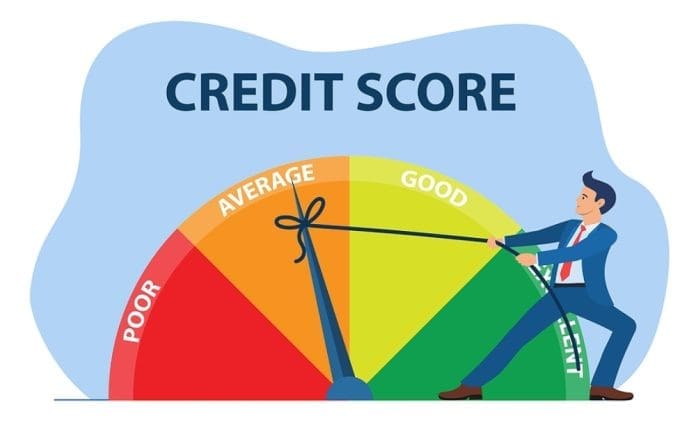African governments are experiencing a gradual return to financial stability, with improving credit ratings and renewed access to international capital markets signaling a potential turning point for the continent’s economic prospects.
The African Export-Import Bank’s latest macroeconomic report for August 2025 documented this encouraging trend, highlighting several countries that have successfully restored investor confidence after years of restricted market access.
Ghana emerged as a notable success story, receiving a credit upgrade from Fitch Ratings following substantial progress in its debt restructuring program. The West African nation’s improved standing reflects the positive impact of sustained reform efforts under international oversight.
Other countries have maintained stable credit outlooks, with Côte d’Ivoire, Angola, and Senegal demonstrating steadier fiscal conditions and more predictable policy environments. These developments suggest that disciplined economic management is beginning to yield tangible results across the continent.
The return to international bond markets represents perhaps the most significant milestone in Africa’s financial recovery. Egypt and Benin successfully issued Eurobonds in 2025, marking their first external financing through these channels in several years.
These bond issuances signal renewed investor appetite for African debt, despite borrowing costs that remain higher than pre-crisis levels. The successful fundraising demonstrates that global investors are once again willing to consider African sovereign bonds as viable investment opportunities.
Credit rating improvements carry profound implications for African economies beyond simple market access. Better ratings reduce the risk premium attached to sovereign debt, enabling governments to borrow at more favorable interest rates and secure longer repayment periods.
The benefits extend far beyond government finances. Stronger sovereign ratings create a ripple effect throughout domestic economies, as lower government borrowing costs typically translate into improved credit conditions for local banks and businesses.
This improved financial environment can reduce financing costs for private sector investment and expansion while boosting confidence among both domestic and international investors. The combination helps create conditions for broader economic growth and development.
However, Afreximbank cautioned against complacency in its assessment. Significant risks continue to threaten the continent’s financial stability, particularly high financing needs that strain government budgets across multiple countries.
Falling commodity prices present an additional challenge for many African economies that depend heavily on natural resource exports. These price declines can quickly undermine fiscal balances and raise fresh concerns about debt sustainability.
The report emphasized that sustained improvement will require continued commitment to fiscal reforms and broader structural changes. Countries that have achieved rating upgrades or maintained stable outlooks must preserve the discipline that earned these improvements.
The recovery signs mark an important milestone for African finance, but the path ahead requires careful navigation. Governments must balance the need for development spending with the fiscal discipline that has restored market confidence.
Success in maintaining improved ratings will depend on countries’ ability to implement comprehensive reforms that address both immediate fiscal challenges and longer-term structural weaknesses. The current momentum provides a foundation, but sustained effort will determine whether these gains prove durable.
Source: newsghana.com.gh











